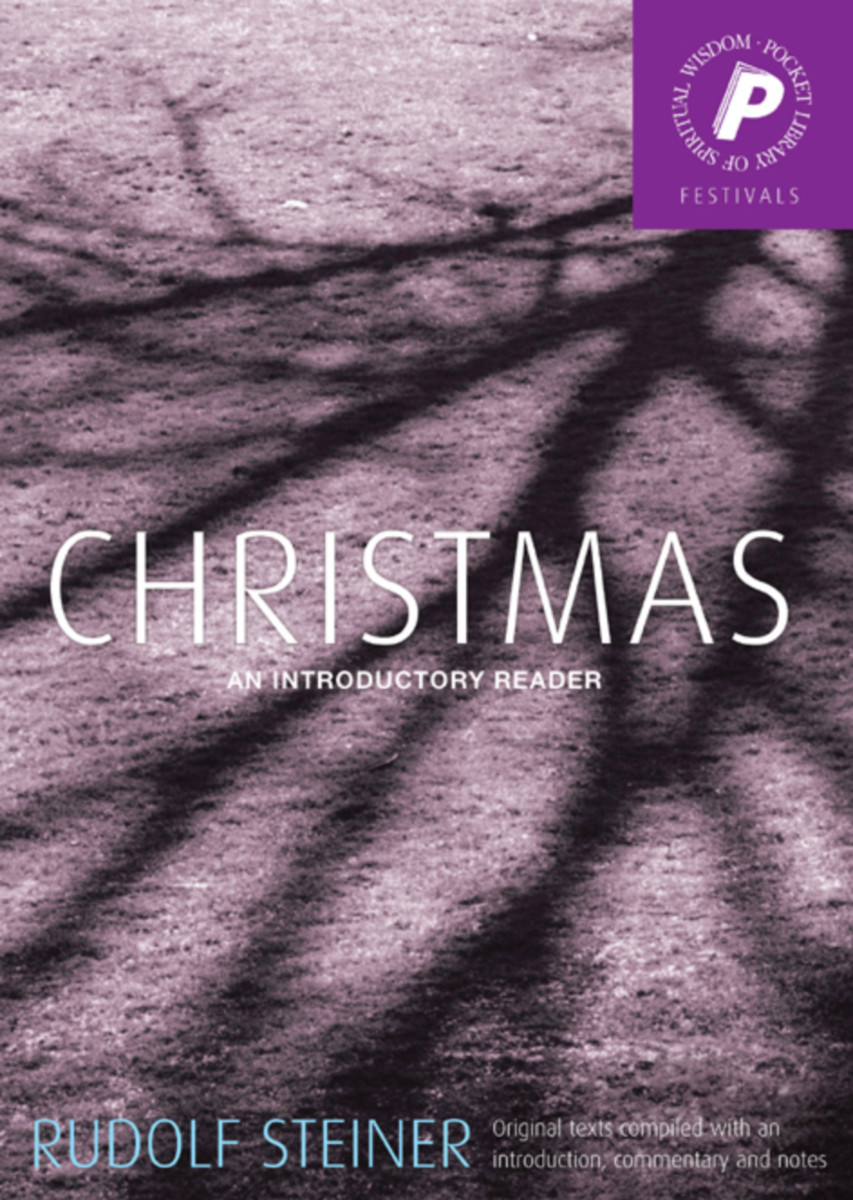Afterword by Matthew Barton
Introduction and notes by Matthew Barton
Translated by Matthew Barton
- Publisher
Rudolf Steiner Press - Published
11th September 2007 - ISBN 9781855841895
- Language English
- Pages 176 pp.
Rudolf Steiner, the multifaceted genius of the twentieth century, contributed much to the renewal of world culture. In addition to his philosophical teachings, he offered ideas for the development of many practical activities, including education, agriculture, medicine, economics, architecture, science, religion, and the arts.
Steiner’s original contribution to human knowledge was based on his ability to conduct “spiritual research,” the investigation of metaphysical dimensions of existence. With his scientific and philosophical training, he brought a new systematic discipline to the field, allowing for conscious methods and comprehensive results. A natural seer from childhood, he cultivated his spiritual vision to a high degree, enabling him to speak with authority on previously veiled mysteries of life.
This introductory reader collects excerpts from Steiner’s many talks and writings on the significance of Christmas. This volume features an editorial introduction, afterword, commentary, and notes by Matthew Barton.
C O N T E N T S:
Introduction by Matthew Barton
CHRISTMAS IN A GRIEVOUS AGE
1. Can We Celebrate Christmas?
2. Christ beyond Strife
3. Empty Phrase or Inner Peace?
CHRISTMAS AND THE EARTH
4. Christmas Play Traditions
5. Earth Holds Its Breath
6. Music and Form: Midsummer to Midwinter
7. Connected to All the Universe
DELVING TO THE CORE
8. Christmas Initiation: Seeing the Sun at Midnight
9. Love, the Greatest Power
10. From Paradise to Golgotha: The Thirteen Holy Nights
11. The Dream Song of Olaf Åsteson
THE CHILD AND THE TREE
12. The Jesus Child
13. The Golden Legend
14. Innocence and Experience
TOWARD A NEW CHRISTMAS
15. Past, Present, and Future
16. Reverence as a Healing Force
17. Shepherds and Magi: Two Ways of Knowing
18. From Birth to Rebirth
19. Christ Born within Us
20. The Calyx of Mary, the Blossom of Jesus, the Seed of Christ
Afterword
Notes
Sources
Further Reading
Note Regarding Rudolf Steiner’s Lectures
Rudolf Steiner
Rudolf Steiner (b. Rudolf Joseph Lorenz Steiner, 1861–1925) was born in the small village of Kraljevec, Austro-Hungarian Empire (now in Croatia), where he grew up. As a young man, he lived in Weimar and Berlin, where he became a well-published scientific, literary, and philosophical scholar, known especially for his work with Goethe’s scientific writings. At the beginning of the twentieth century, he began to develop his early philosophical principles into an approach to systematic research into psychological and spiritual phenomena. Formally beginning his spiritual teaching career under the auspices of the Theosophical Society, Steiner came to use the term Anthroposophy (and spiritual science) for his philosophy, spiritual research, and findings. The influence of Steiner’s multifaceted genius has led to innovative and holistic approaches in medicine, various therapies, philosophy, religious renewal, Waldorf education, education for special needs, threefold economics, biodynamic agriculture, Goethean science, architecture, and the arts of drama, speech, and eurythmy. In 1924, Rudolf Steiner founded the General Anthroposophical Society, which today has branches throughout the world. He died in Dornach, Switzerland.


